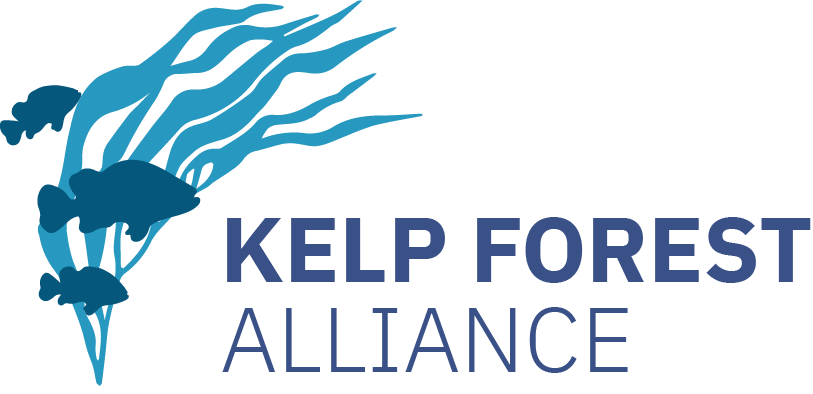Kelp, described as a marine powerhouse, provided the nutrition for ancient people to travel from Asia to the Americas. It has always been a vital food source, used to pay taxes and dowries in Asia since the 8th century. It was a fertiliser, food and a building material in mediaeval Europe. Today, kelp generate a potential value of $500 billion globaly, each year - based on the fish they feed and the carbon they capture from the ocean. That income doesn't account for tourism, or the joy and connection you feel when swimming among them. However, the alarming decline in kelp over recent decades poses a significant threat to cultural heritage and economic prosperity. Scientists estimate that 80 to 90% of the world's kelp has vanished in living memory. Of the remaining forests, 40<60% have degraded over 50 years.
Eger's proposed solution, the Kelp Forest Alliance, involves building a collaborative community of diverse individuals, from Marine Biologists to hobbyist snorkelers and influential CEOs, to collectively restore and protect kelp forests. The effort has resulted in a coalition of 550 individuals from 200 organisations across 27 countries, focusing on research, partnerships, education, and advocacy.
The Kelp Forest Alliance is a global project to officially protect 3 million hectares of existing forests and restore 1 million more hectares by 2040. This commitment involved pledges from various sectors, such as fisheries, governments, and technology companies.
The talk emphasised marine gardening to regenerate kelp forests, drawing on scientific research, such as the search for heat-tolerant kelp species that thrive in warmer waters and inspiration from historical reforestation efforts, such as those seen in Japan in 1718. There is a place in this project for art and beauty. Music, photography and documentaries to ignite passion and drive for preservation.
The central message of this holistic approach is one of rejecting polarisations and highlighting the interconnectedness of humans and marine species to ensure a flourishing ocean ecosystem. While the objective is to preserve as much natural kelp habitat as possible, a dream would be to have at least one kelp forest designated as a UNESCO World Heritage site to promote sustainable practices that preserve these critical ocean habitats.



